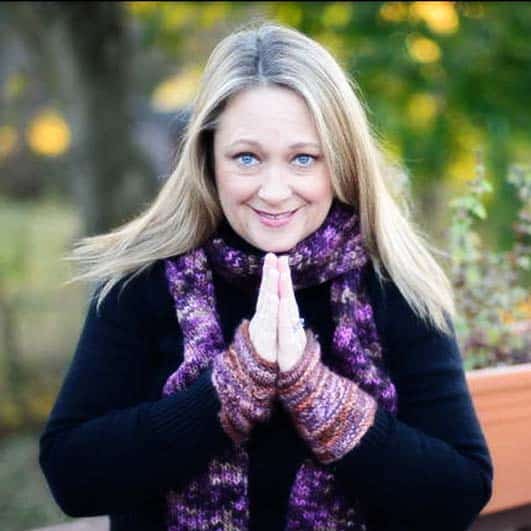Additional reading: I offer a brief overview of Dr. Elisabeth Kubler-Ross’s work in a companion article: “5 Stages of Grief: Are They Real?” I hope you will consider reading it as well, as it pays homage to the great pioneer who started the very important conversation about dying people and the importance of compassionate care for the dying.
The Five Stages of Grief are so ubiquitous in our culture that modern grievers may feel that if they do not go through the stages (denial, anger, bargaining, depression and acceptance) that they are “doing grief wrong.”
It is understandable that many bereaved people feel this way. In the past week alone I have heard the stage-approach to grief referred to erroneously as fact in three different situations. From a discussion of a character’s death on The Talking Dead, to the launch of a professional grief education program, and even out of the mouth of a news anchor.
But here is what you should know: The Five Stages of Grief are similar to leeches in modern medicine. In the past they were the gold standard, but innovation and evidence-based research has proven other techniques more skillful. With one exception.
Leeches are apparently still very useful and cost-effective in one particular medical intervention (learn more about modern leeching). The Five Stages of Grief, however, are no longer used by thanatologists (people who study death, dying and bereavement) as a model of grief, rather respected as part of our professional lineage. In fact, the Five Stages were not intended to be a treatment plan for the grieving person, but are Dr. Kubler-Ross’s observations of the emotional experience of the dying person.
Are You Boxing Your Clients In With The Five Stages of Grief?
True grief professionals rely on client-centered bereavement models that offer enough guidance to help the grieving person feel supported, and enough space to allow for the unique nature of each relationship that is changed by death. The key is we never want anyone to think they are grieving wrong, or add to the mound of suffering that already exists. Even the Five Stages discussed in On Death & Dying were not meant to be viewed as prescriptive or comprehensive for treatment of the terminally ill. Dr. Kubler-Ross makes this clear in the introduction to On Death & Dying, and apparently was vocal about the pitfalls of stage models herself.
Dr. Kubler-Ross on the Five Stages
A few years ago I attended a panel at the Association for Death Education and Counseling Conference that reviewed contemporary models of grief. To understand where we are in grief theory trajectory, it helps to know where we have come from, so naturally the conversation including Dr. Elisabeth Kubler-Ross and the “Five Stages of Grief.”
A conference attendee approached the mic during the Q&A, and shared that she had worked along side Dr. Kubler-Ross. The woman shared that she had visited Dr. Kubler-Ross in her last days, who reportedly asked “Are they still using the [censored] stages?”
The room swelled with laughter and appreciation. Dr. Kubler-Ross knew she had been misunderstood – many people who read the book failed to read the introduction and took the stage approach out of context. While this story is anecdotal, I believe it underscores the importance of understanding the history, origins, and development of new theories and models, so we can best help our clients through the very complicated experience of grief.
Five Stages of Grief Alternatives & Continuing Your Education
I want to invite any grief professional, author, producer, or human being who still cites the Five Stages of Grief as THE model for grief to consider deepening your understanding of the contemporary outlook. Whether you join me at the Association for Death Education and Counseling annual conference, pick up a book such as Techniques of Grief Therapy: Assessment & Intervention (ed. Neimeyer) or Grief Counseling and Grief Therapy, Fifth Edition (Worden), or some other publication, I believe you will be inspired and in awe of the great work being done in our field.
The reality is that people who are grieving have a hard enough time without feeling they need to fit into a mold or feel differently or feel things in a particular order. Let’s do all we can do to help by being the best professionals, friends, and community we can be!


